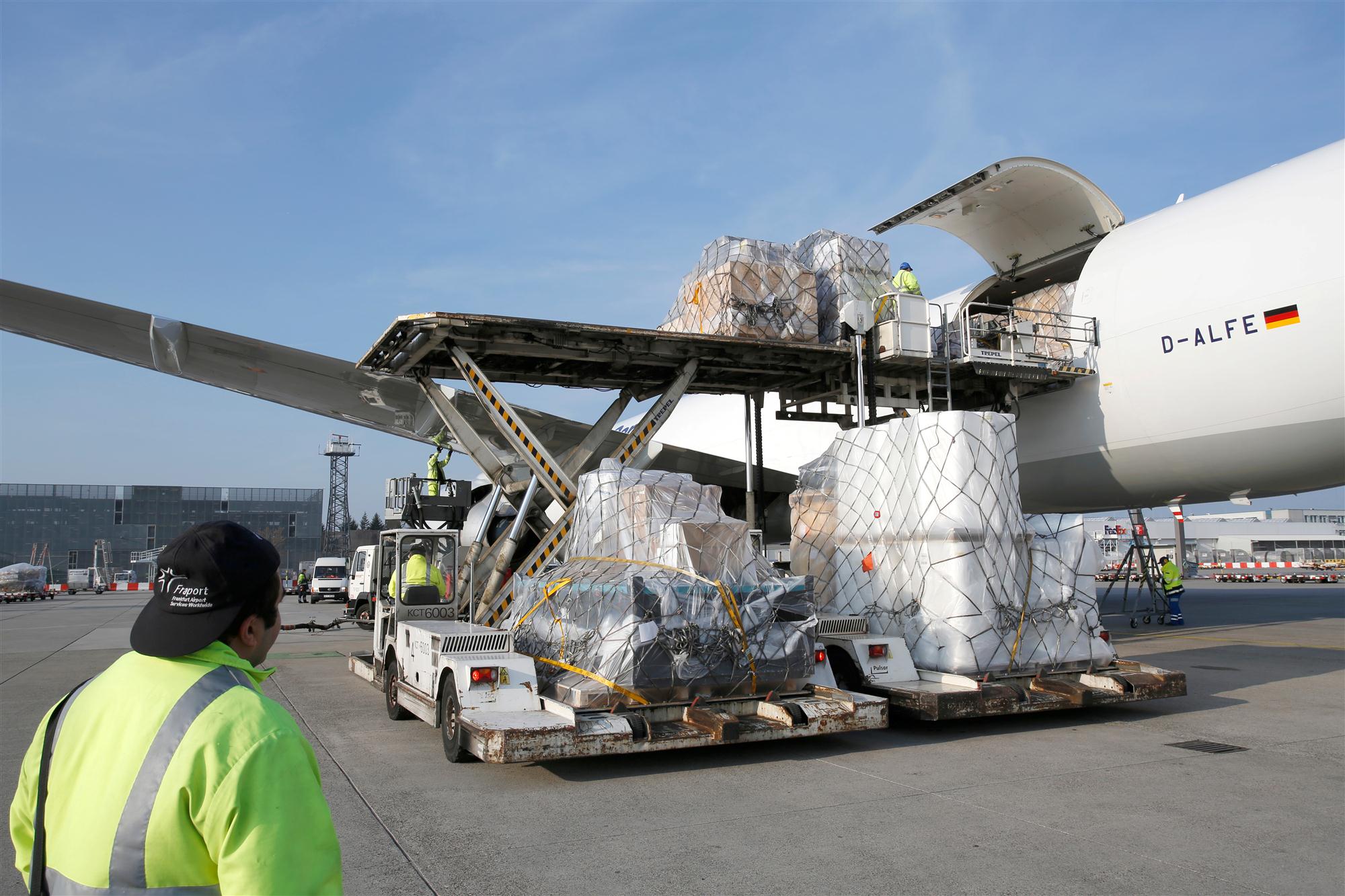Lufthansa Cargo has handled the world’s first dangerous goods shipment with an electronic Dangerous Goods Declaration at Frankfurt Airport.
According to the carrier, the shipment was from active healthcare company Abbott and was flown on board a freighter to Mexico City.
Lufthansa Cargo began a proof of concept for the International Air Transport Association’s eDGD initiative in March 2018. A completely new approach has been developed and evaluated through close collaboration along the transport chain with platform developer and operator DAKOSY. Lufthansa Cargo’s IT systems and processes can now handle paperless dangerous goods shipments, becoming the first and only airline to support the eDGD standard.

“We are pleased that the eDGD has celebrated its global launch with Lufthansa Cargo,” said Sören Stark, board member for operations and COO of Lufthansa Cargo. “This underscores our claim to be the industry pioneer in digitization. There is still so much more for us to achieve here together with shippers, forwarders and airports.”
DAKOSY has also launched the pilot phase of its INFr8 shipping portal. All pilot partners are digitally connected to the platform and can use it to process transport documents – including the required Dangerous Goods Declaration.
“Our shipping portal solves a major challenge in the air cargo supply chain, ensuring greater reliability and transparency for all,” said Ulrich Wrage, CEO of DAKOSY AG. “We are greatly simplifying processes across company boundaries.”
Paper-based Dangerous Goods Declarations from shippers traditionally arrive at the airport with the respective goods, meaning that airlines can only begin checking the documentation after handover. With the new electronic system, errors in accompanying documentation can be detected and corrected even before the airline receives the shipment. This will translate into fewer rejected shipments and faster processes.
Frankfurt Airport plays a major role in handling dangerous goods for Lufthansa Cargo and for logistics providers. Fraport AG, which is responsible for providing and operating the airport’s infrastructure, has contributed significantly to the development of the portal.
“Thanks to this worldwide innovation, the INFr8 platform integrates the shipper into the electronic information chain of the air cargo process for the first time,” said Anke Giesen, executive director of operations at Fraport AG. “We expect this to result in shorter check-in times and much faster handling of dangerous goods.”
The pilot phase of the INFr8 platform is expected to last six months, after which the platform will become a standard tool available to all market participants. The portal will also be expanded through the addition of further product groups, according to Lufthansa Cargo.



